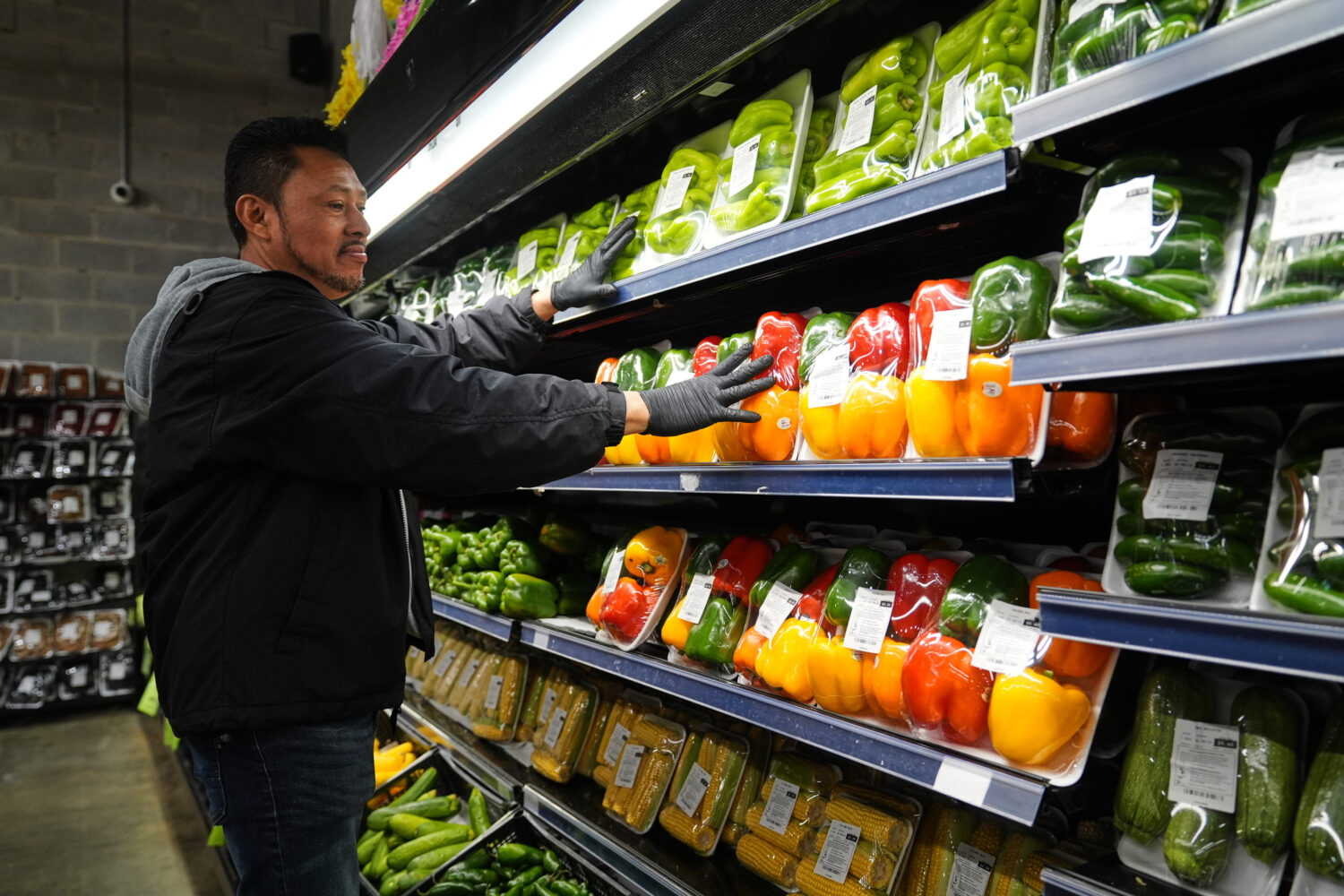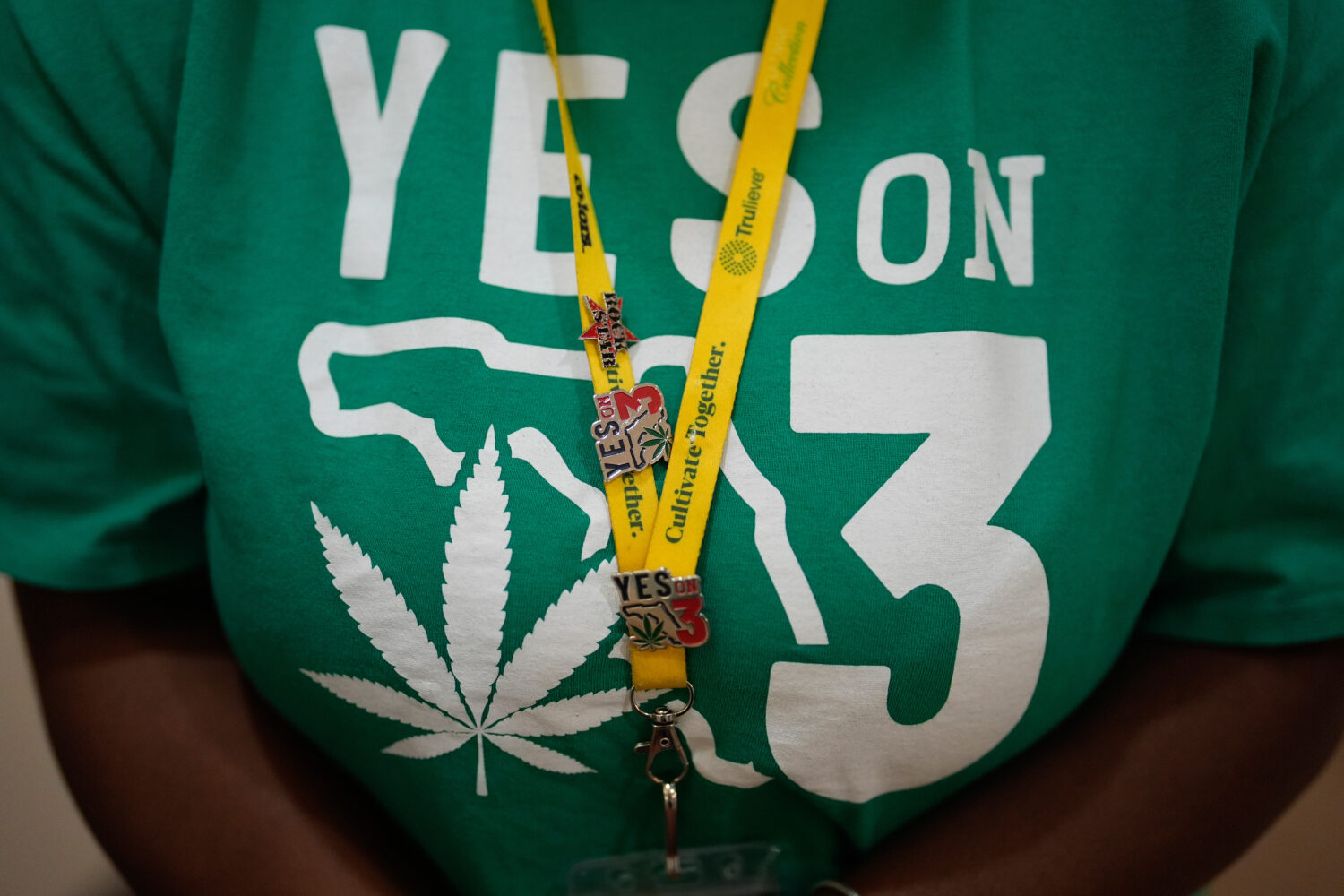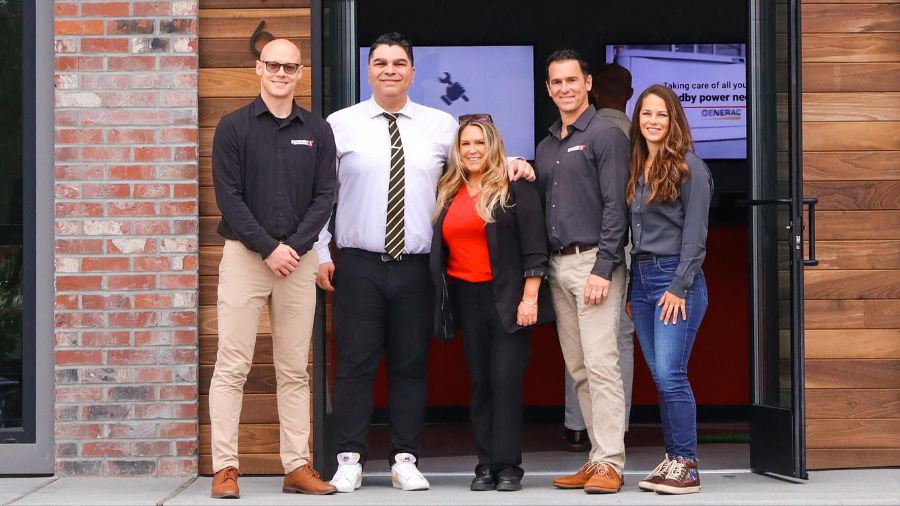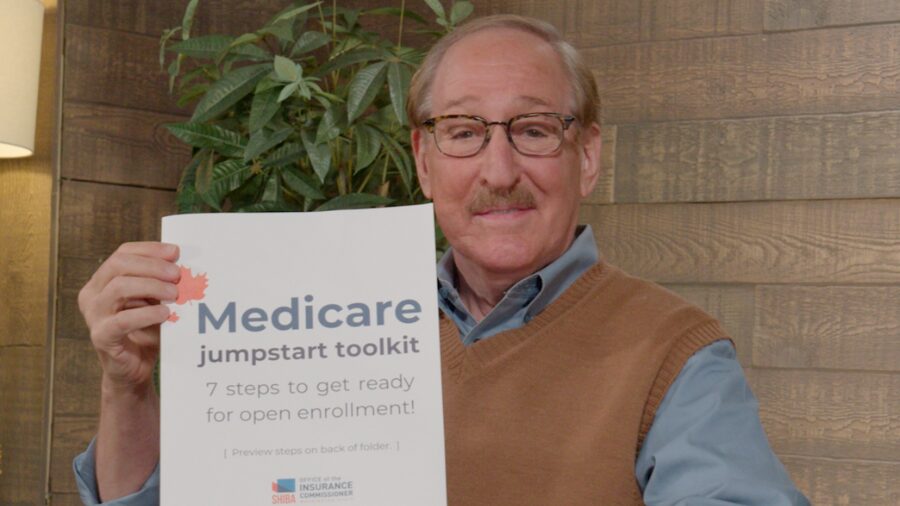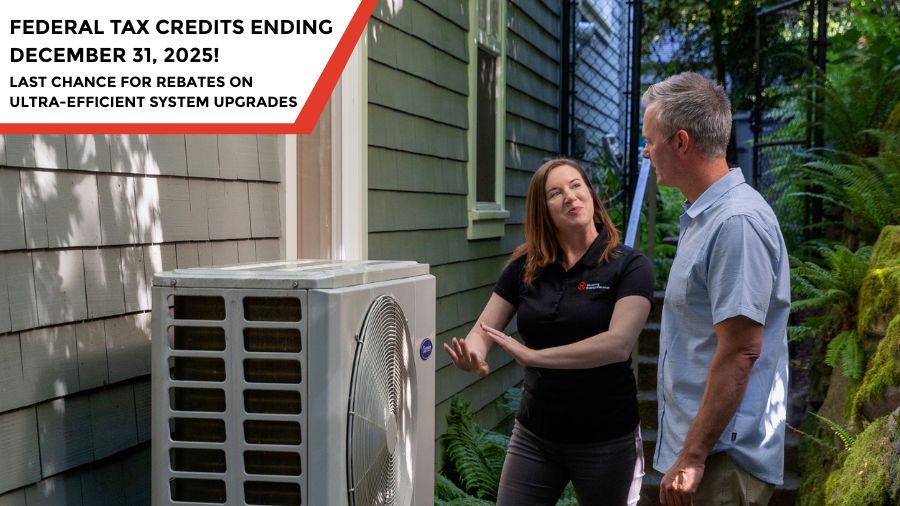Parenting advice: What kids lose when life’s too convenient
Oct 31, 2025, 11:47 AM
We all love convenience, but there is a hidden cost for our kids.
Waiting, being patient, wanting something and not having it — these feelings aren’t as built into children’s lives in 2025 as it was in past generations.
Dr. Becky Kennedy is the clinical psychologist behind the “Good Inside” YouTube series. Like many of us, she loves streaming services, but remembers the days of going to Blockbuster.
“I actually think about how good it was for us growing up to have something as mundane as movie watching be filled with waiting and frustration, because in a way, we were naturally building so many of the muscles that we needed to flex in much more important situations,” Kennedy said.
Dr. Becky talks about three ideas.
1.) Resilience is built, not born.
2.) Frustration is our friend, not our enemy.
3.) Our job is not to bring our children’s uncomfortable emotions to zero.
Resilience is built, not born
Let’s start with the first idea.
Resilience-building can start with your child completing a puzzle, but the pathway there can look messy. No kid is going to say, “This is hard, but I can do hard things”.
What actually happens is this: “‘I can’t do it. I really, really want you to do it for me. Please do it for me. Please do it for me,'” Becky said. “Or just something without words, a meltdown.”
I’m sure many parents can relate and agree that moments like this are inconvenient.
But our perspective on how we see it is everything.
“This doesn’t mean my kid is a mess. This doesn’t mean my kid gives up easily,” Becky said. “I can’t get to a place with my kid where they can tolerate and be capable in the mess if they don’t go through the experience of being overwhelmed by the mess. What is our job to remember? I need to show my kid that I can tolerate this situation.”
Frustration is our friend, not our enemy
Now let’s talk about the second idea. Dr. Becky challenges parents to think of frustration as a sign that kids are learning.
Becky believes this concept is most important for parents.
“Because do you know what happens when we hear our kids say, ‘I don’t want to do my math problem. It’s so hard.’ We panic,” Becky said. “We actually think there’s a problem to solve, and then we layer our panic next to our kids’ panic, and no wonder they become less and less able to deal with frustration.”
Children’s uncomfortable emotions can’t be zero
It’s not our job as parents to bring our children’s uncomfortable emotions to a zero.
Kids may experience being left out of a birthday party, but adults get left out of things all the time.
Dr. Becky said it’s important for kids to be prepared for those situations and experience disappointment.
“I don’t know about you, but I really don’t want my adult child to call me and say, ‘Mom, you have to buy me a big house,'” Becky said. “I really don’t want my 25-year-old to call me and say, ‘You’ve got to call my manager and tell my manager why I deserve the promotion.'”
These situations may be laughable, but they actually do happen.
Learning how to be resilient, dealing with frustration, and uncomfortable emotions will benefit parents and kids in the future.






